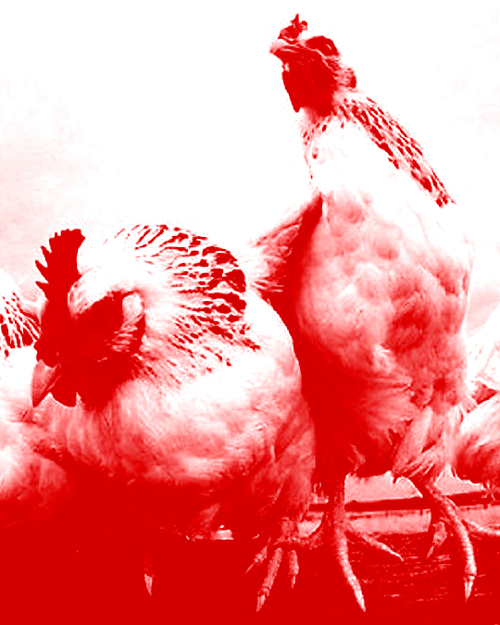Bird flu detected at egg farm
 Avian influenza has been detected at an egg farm near Meredith in western Victoria.
Avian influenza has been detected at an egg farm near Meredith in western Victoria.
The discovery has raised concerns about a potential outbreak of the highly pathogenic H5N1 strain.
Agriculture Victoria reports that the virus was identified following several poultry deaths on the property.
The affected farm has been placed under quarantine, and samples have been sent to the Australian Centre for Disease Preparedness in Geelong for detailed analysis to determine the virus subtype.
As of now, Australia remains free of all high pathogenicity avian influenza (HPAI) strains, including H5N1, which has caused significant devastation globally.
Dr Graeme Cooke, Victoria’s Chief Veterinary Officer, confirmed the presence of avian influenza through preliminary tests.
“Poultry farmers, backyard flock and bird owners are urged to report any cases of unexplained bird deaths to the 24-hour Emergency Animal Disease Hotline on 1800 675 888, or to your local vet,” Dr Cooke says.
The detection comes amid a global outbreak of the H5N1 strain, which has led to the deaths of millions of wild birds and thousands of mammals across six continents.
The strain has been identified in over 40 mammal species, including dairy cattle in the United States, but has not yet been recorded in Australia.
The World Health Organisation (WHO) has expressed concerns about the spread of H5N1 to dairy cattle, which could pose significant public health risks.
But WHO Director-General Tedros Adhanom Ghebreyesus recently stated that the virus has shown no signs of adapting to human-to-human transmission, keeping the public health risk low.
Australia has a history of successfully eradicating HPAI outbreaks.
Since 1976, there have been eight outbreaks in commercial bird farms, with the largest occurring in Victoria in 2020.
This incident involved multiple strains, including highly pathogenic H7N7 and low pathogenic H5N2 and H7N6, affecting egg farms, turkey farms, and an emu farm.
The 2020 outbreak was declared over in February 2021.
Agriculture Victoria says strong biosecurity practices will help prevent the spread of avian influenza.
Poultry and bird owners are encouraged to keep their environments clean and minimise contact between their birds and wild birds. Symptoms of the virus include sudden death, respiratory issues, conjunctivitis, and swelling of the head.
Agriculture Victoria has also reassured the public that egg and poultry products from supermarkets remain safe to consume.
The department says that the risk to the public is currently low but it continues to monitor the situation closely.
Virologists say determining the specific variant detected is vital. The outcome will determine the next steps in managing the situation and ensuring that appropriate measures are in place to protect both poultry and public health.








 Print
Print